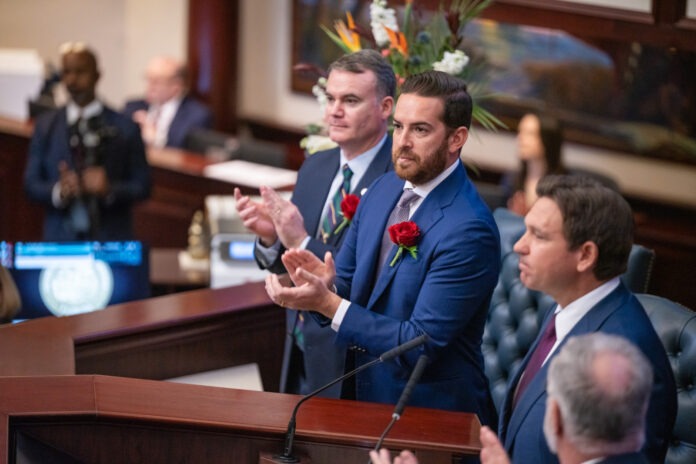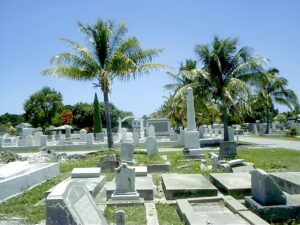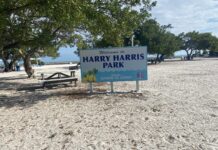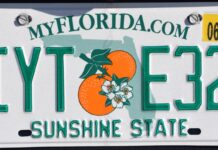
A proposal backed by the Florida House to divert a large portion of tourism dollars for property-tax relief didn’t garner support from their counterparts in the Senate as the 60th day of legislative session came to an end earlier in the month.
Sending 75% of a county’s tourist development tax revenue, which is paid by visitors who book overnight lodging, to reduce the property tax levy in 2026 isn’t completely off the table, since discussions on the budget and tax matters aren’t over. If the Senate’s unwillingness to take up the House proposal is any indication, however, use of TDTs for its original purpose of marketing and promotion, as well as funding improvements for tourism-related businesses and events, could stay intact for another year.
Two bills passing through the House not only aimed to redistribute the tourism tax money for property tax relief, but they also proposed to eliminate county tourist development councils beginning July 1. House Bill 7033 proposed to revise provisions relating to taxation, including use and distribution of tax revenue, while House Bill 1221 sought to change provisions related to local option taxes, including tourist development tax.
Neither of those bills gained traction in the Senate as the 60th day of session concluded on May 2.
Members of the Florida House returned to Tallahassee on May 13 after House Speaker Daniel Perez sent fellow members home the week of May 5-9. Perez was hoping to continue discussions based on the budget framework Perez and Senate President Ben Albritton developed before the end of session on May 2. Intertwined in those discussions were proposals to provide tax relief.
Speaking before the full House on May 13, Perez said Albritton blew up the deal. A May 9 memo by Albritton to fellow Senators states that the governor expressed concern regarding the tax relief framework announced May 2 – specifically, that the proposal for an across-the-board sales tax cut of .75% to make it 5.25% would unduly benefit tourists and foreigners and is, “dead on arrival.”
Despite the development, Perez said, it wouldn’t stop the House from continuing to back a fiscally-constrained spending plan. Since taking the gavel as speaker this year, Perez has made it known that the state government has “too much money and excess cash has led us to spend recklessly.” He’s attributed the growth in sales tax collections to more spending at the state level.
“I have very strong feelings about the Senate president’s actions. As presiding officers, as elected officials, our word is our bond. Breaking our word, breaking a deal is breaking faith not only with one another but also with our institutions,” Perez said. “I will not allow our actions to deter from fulfilling our constitutional obligation.”
The recent budget framework collapse between the House and Senate is another example of the growing division between the chambers. There’s also been heated words between the House speaker and Gov. Ron DeSantis over tax relief plans. DeSantis has blasted the House proposal to slash the sales tax. But Perez said the conversation around reducing state revenue, such as reducing sales tax, has nothing to do with the issue of local property taxes.
“They are not linked. They are not interdependent. We can and we should do both,” said Perez, who formed a Select Committee on Property Taxes. The committee will be tasked with reviewing the current state of property taxes in Florida and exploring innovative policy solutions to reduce the financial burden on homeowners.
As for immediate property tax relief, Perez alluded to the House proposal to use tourist development tax revenue.
“TDT reform is one of the few options in our direct control as tourist development taxes are authorized by state statute,” Perez said. “All other property tax reform ideas would require an amendment to the Florida Constitution, which would not be on the ballot until 2026.”
Despite all the uncertainty, Kara Franker, president and CEO of Visit Florida Keys and Monroe County Tourist Development Council, said she’s hoping state leaders come to some sort of resolution that doesn’t put the TDC on the chopping block or redirect tourism funds away from marketing and supporting programs like coral restoration.
“Visitors spend $3.5 billion per year in Monroe County,” she said. “And there’s the $35 million in tourist development taxes that are going directly to workforce housing in the Florida Keys.”


























